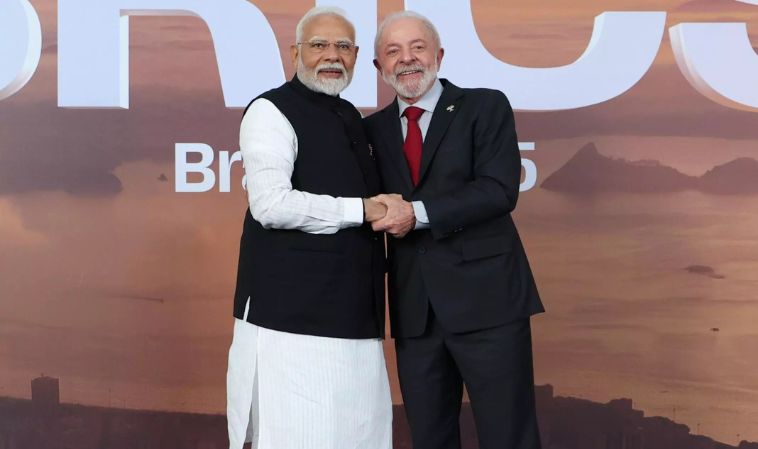

Global Institutions Must Reflect Today’s Realities”: PM Modi Bats For Global South Representation
Global Institutions Must Reflect Today’s Realities : PM Modi Bats for Global South Representation
By ReportBuzz Staff | New Delhi | July 7, 2025
In a scathing denunciation of old global power dynamics, Prime Minister Narendra Modi on Monday urged the international community to make urgent changes to global institutions, saying that "two-thirds of humanity" remain excluded from global decision-making forums created in the 20th century.
Addressing the inaugural plenary of the Global South Summit in New Delhi, Modi stressed the increasing disconnection between contemporary geopolitical realities and institutions such as the United Nations Security Council (UNSC), World Bank, and International Monetary Fund (IMF), which, he argued, no longer represent "the voice, aspirations, or challenges of the majority of the world's population."
Time for a Global Reset
"Most of the institutions that shape global policy today were established in the wake of World War II," Modi stated. "But we are now almost eight decades away from that world. The desires of Asia, Africa, and Latin America are no longer on the periphery—they are at the center of our shared future."
The Prime Minister was referring to longstanding demands for increasing the permanent membership of the UNSC and reshaping world financial institutions to bring developing countries into decision-making positions.
Without mentioning individual nations, Modi highlighted the increasing resentment in the Global South against what he called "persistent inertia" and "institutional gatekeeping" by traditional powers.
A Platform for the Global South
The Global South Summit, which was being hosted in India for the first time, assembled more than 120 countries from Africa, Latin America, and Southeast Asia. The main themes of the summit are debt reform, climate justice, more equitable trade practices, and access to digital infrastructure.
Brazil, South Africa, Indonesia, Kenya, and Egypt leaders were among the notable voices saying virtually the same thing. In a joint statement released later in the day, the participating nations reaffirmed their commitment to continuing to advocate for institutional reform in the UN and the Bretton Woods institutions.
"Let us be clear: it's not about accommodation or charity—it's about fairness," South African President Cyril Ramaphosa said. "We are not asking for a seat at the table, we are demanding what is rightfully ours."
India as a Bridge
Modi situated India as a serious bridge between developed and developing world. Referring to India's presidency of G20 in 2023 and its theme of "One Earth, One Family, One Future," he asserted that New Delhi stands prepared to arrange dialogue, broker solutions, and make the voice of the Global South heard.
"India's development story is evidence that inclusive growth can be achieved without exploitation," he stated. "We do not aim to dominate; we aim to empower."
Pundits argue that India's growing assertiveness on global governance is part of its larger aspiration to become a major voice for underrepresented states, particularly in multilateral arenas.
The Reform Wishlist
Some of the key proposals debated in the summit were
- Enlarging UNSC permanent membership to India, Brazil, South Africa, and others.
- Restructuring voting rights in the IMF to more accurately represent the contemporary economic weights of the world.
- Establishing a Global South development fund with joint control.
- Encouraging cross-border infrastructure initiatives across developing countries.
- Making climate finance accessible and equitable.
Pushback and Possibilities
While Modi’s speech drew applause from many quarters, observers note that reforming these legacy institutions is a long and politically fraught process. Permanent members of the UNSC, especially the P5—United States, Russia, China, the UK, and France—have historically been reluctant to dilute their influence.
Still, the sheer momentum of the Global South, accounting for over 75% of the world’s population and nearly 40% of the global economy, is increasingly difficult to ignore.
“Modi’s statement reflects a turning tide,” said Professor Mita Deshmukh, an international relations scholar. “This isn’t about symbolic representation anymore—this is about changing how power is exercised globally.”

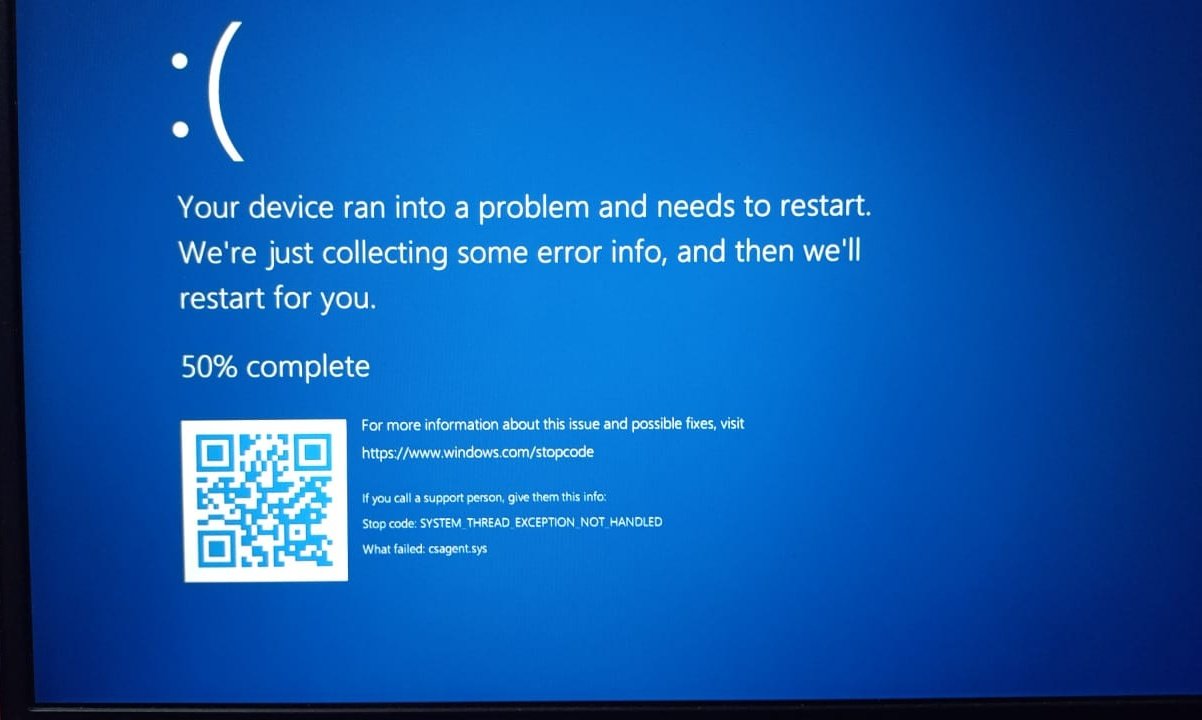
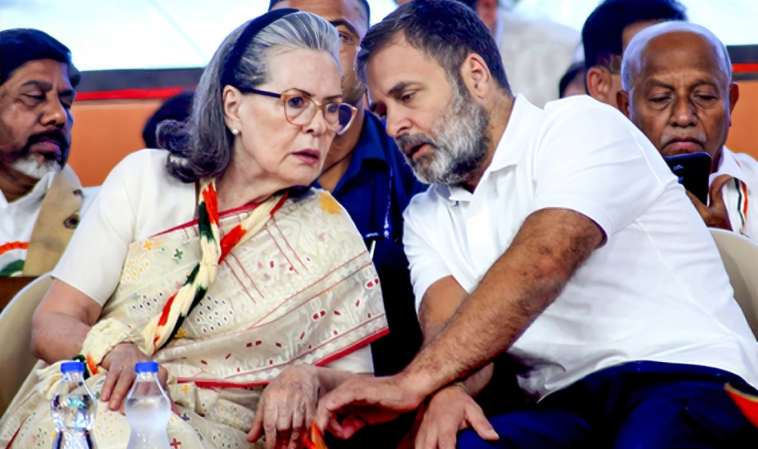
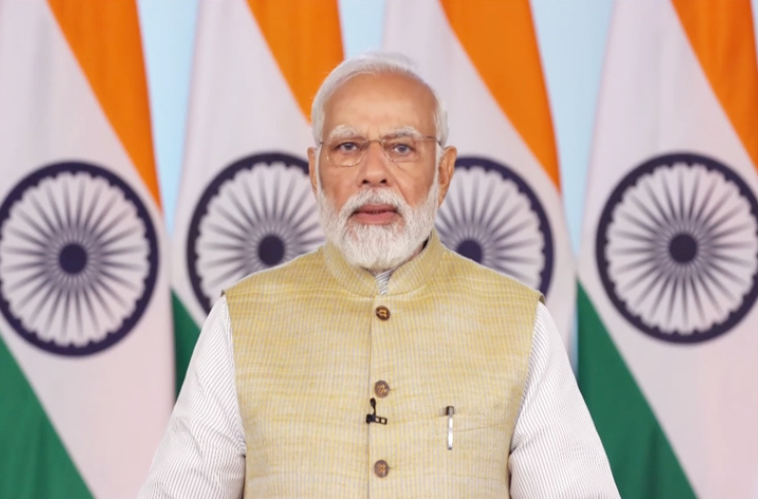
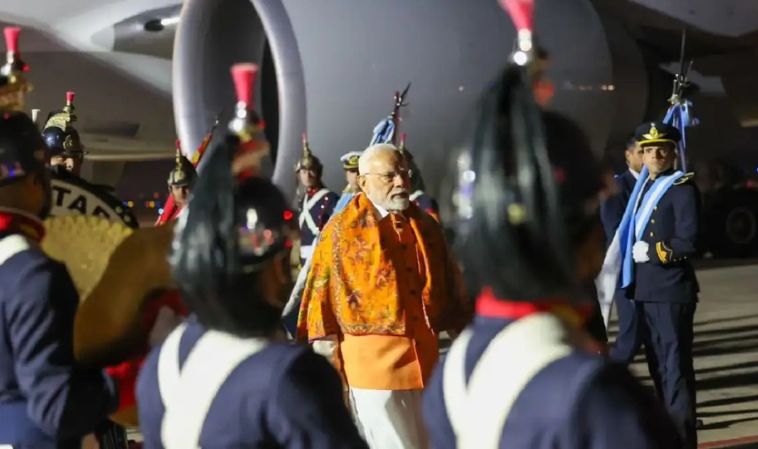
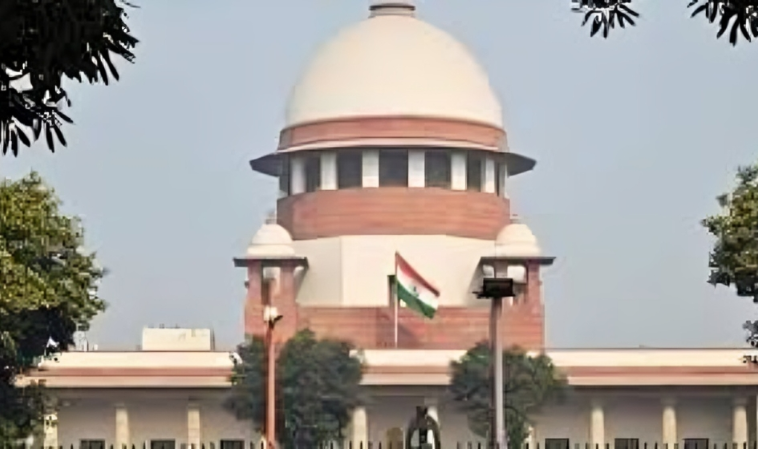
0 Comments